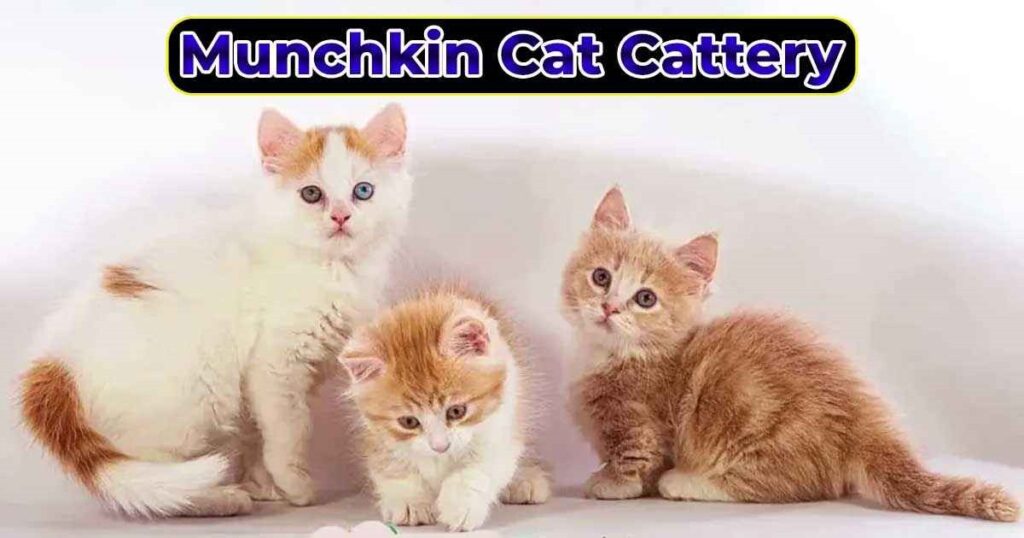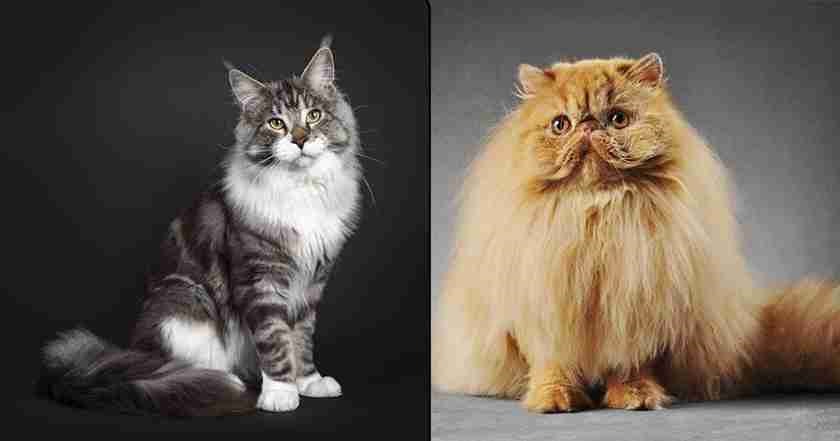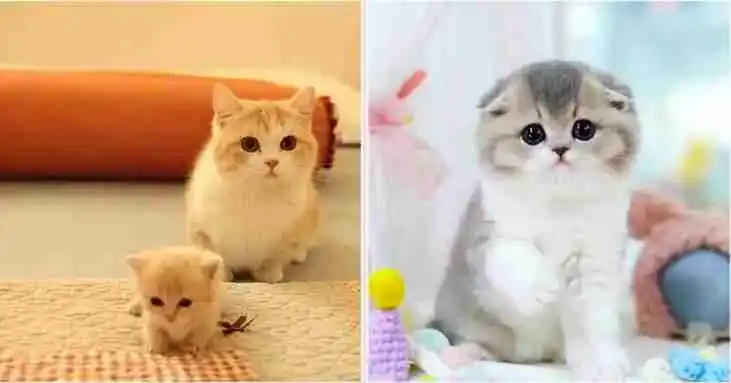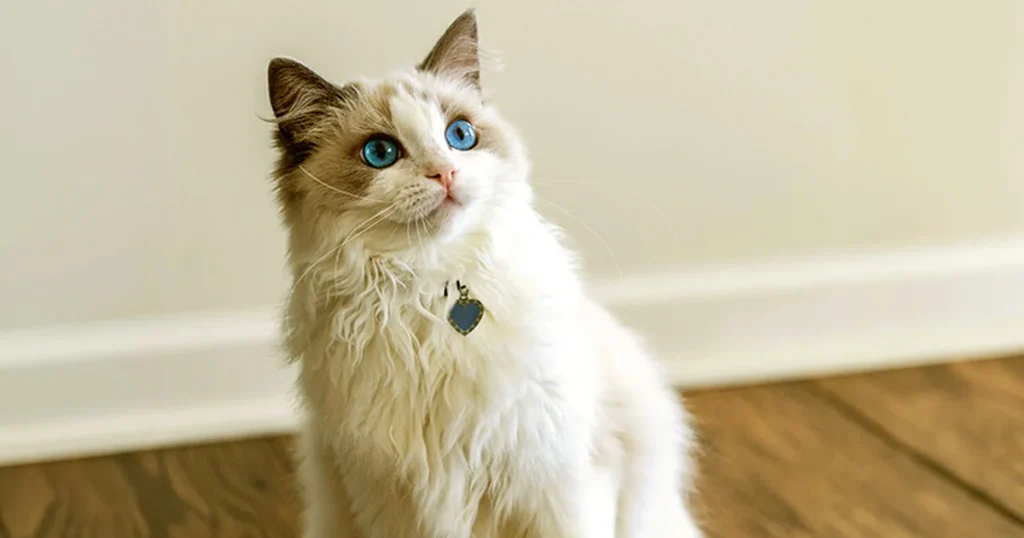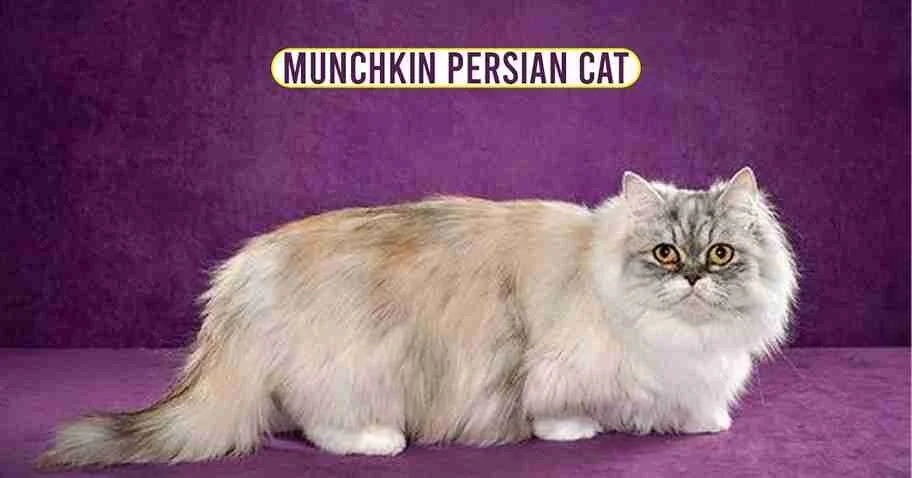The Munchkin cat known for its short legs due to a natural genetic mutation, is a breed that generates considerable interest among cat enthusiasts. This interest is reflected in searches related to Munchkin cat catteries and breeders across various regions including California Australia (Adelaide Brisbane) Canada (Alberta Ontario Nova Scotia).
South Africa and specific states within the United States like Florida Georgia, Michigan, Ohio, Texas, and Oregon. Individuals seeking these cats often inquire about reputable breeders the legitimacy of catteries and the availability of kittens.
The variety of search terms from specific colorings to breeder locations and health concerns demonstrates the comprehensive research undertaken by those interested in owning a Munchkin cat.
Munchkin Cat Cattery: Right Breeder New cat Friend
A Munchkin cat cattery is a dedicated breeding facility that focuses on raising healthy, well-socialized Munchkin cats. Ethical catteries adhere to high standards, prioritizing the welfare of their cats over profit. They ensure the cats are bred responsibly avoiding practices that could lead to genetic disorders or health complications associated with the breed’s unique physical traits.
Reputable Munchkin catteries maintain clean, spacious environments where cats receive proper nutrition, veterinary care, and ample socialization. Kittens are raised in nurturing conditions, often in a family-like setting, to help them adapt easily to new homes. Transparency is a hallmark of a good cattery they provide detailed health records, genetic testing results, and offer lifetime support for the cats they place.
What is a Munchkin Cat Cattery
A Munchkin cat cattery is a specialized breeding facility where Munchkin cats are bred, raised, and cared for before being adopted into new homes. These catteries focus on maintaining the health, temperament, and unique physical traits of the Munchkin breed particularly their distinctive short legs.
When choosing a Munchkin cat cattery, research their reputation, ask for references, and visit the facility if possible. Look for breeders who are members of recognized cat associations like TICA (The International Cat Association) or CFA (Cat Fanciers’ Association) as this reflects their commitment to ethical breeding standards. By selecting a trustworthy cattery, you ensure a healthy, happy Munchkin cat that will be a cherished companion for years to come.
- They are often registered with organizations like TICA or CFA adhering to standards for responsible breeding.
- In addition to breeding, these catteries often educate prospective owners about the care behavior, and specific needs of Munchkin cats helping ensure they find suitable lifelong homes.
History of Munchkin Cat Cattery
The Munchkin cat breed originated from a natural genetic mutation rather than human selective breeding. Reports of short-legged cats date back to the 1940s in the UK, where a veterinarian noted several generations of such cats.
but this line disappeared during World War II. Similar short-legged cats were also spotted in Russia in 1953 and in the United States in the 1970s.
In 1983, Sandra Hochenedel, a music teacher, discovered two pregnant cats, one of which was Blackberry. Blackberry gave birth to kittens with short legs and one of these kittens Toulouse played a crucial role in the development of the Munchkin breed. Toulouse’s unique traits and lineage were instrumental in establishing the breed’s characteristics and popularity.
Temperament and Social Behavior
Munchkin cats are known for their friendly, playful, and affectionate nature. They form strong bonds with their human companions and get along well with other pets and children. Their sociable and engaging personality makes them a charming addition to any household.
Despite their short legs, Munchkins are surprisingly agile and energetic, often entertaining their families with playful antics. Their distinctive appearance and lively demeanor make them both delightful and endearing pets.
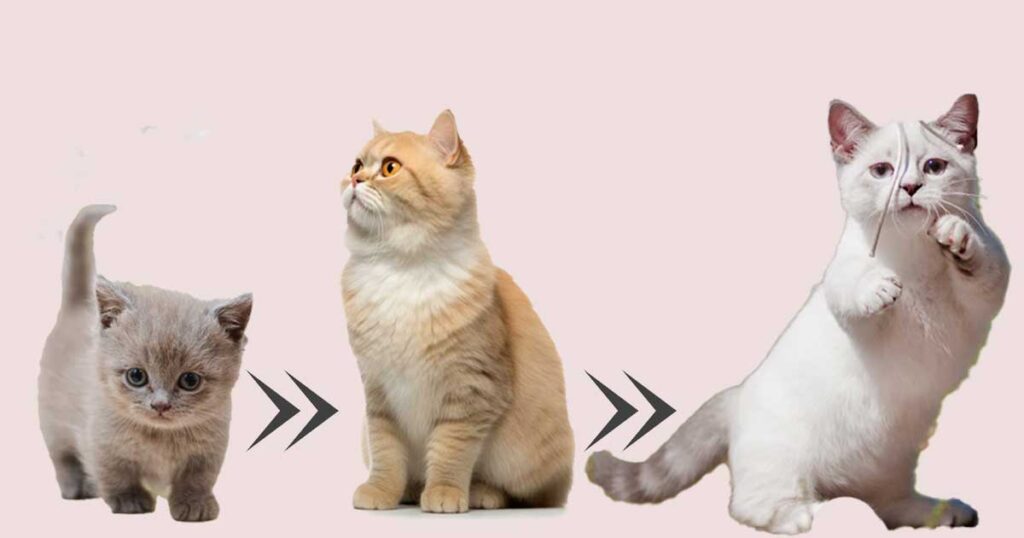
Origins of Munchkin Cats
Munchkin cats, known for their uniquely short legs, have a fascinating origin rooted in genetic mutation. The breed’s history began in 1983 when Sandra Hochenedel, a schoolteacher from Louisiana, discovered two pregnant stray cats. One of these cats displayed the distinctive short-legged trait that characterizes Munchkins today.
| Feature | Details |
|---|---|
| Health and Wellness | Catteries should prioritize the health of their cats, ensuring regular veterinary check-ups, vaccinations, and genetic screening. |
| Living Conditions | Cats should be raised in a clean, safe, and nurturing environment, with adequate space and socialization. |
| Breeding Ethics | Ethical catteries avoid overbreeding and focus on maintaining the genetic diversity and health of the breed. |
| Transparency | Reputable catteries provide potential buyers with information about the cat’s lineage, health records, and care instructions. |
| Registration | Look for catteries registered with recognized cat breeding associations like TICA (The International Cat Association) or CFA (Cat Fanciers’ Association). |
Top Munchkin Cat Cattery
Munchkin lane Cattery is additionally exceptionally respected inside the Munchkin feline local area for its obligation to creating solid and balanced little cats.
They stick to moral rearing principles and give broad consideration to their felines, guaranteeing they are prepared to become dearest relatives in their new homes.
| Step | Details |
|---|---|
| 1. Research | Start by researching catteries online, checking reviews, and looking for breeder certifications and associations. |
| 2. Visit the Cattery | If possible, visit the cattery in person to observe the conditions and meet the breeder. |
| 3. Ask Questions | Inquire about the cattery’s breeding practices, health guarantees, and the care provided to the kittens. |
| 4. Review Contracts | Carefully review the purchase contract, which should include health guarantees and spay/neuter agreements. |
| 5. Follow-Up Support | A good cattery will offer ongoing support and be available for any questions after adoption. |
Munchkin cat catteries specialize in breeding and selling Munchkin cats, a unique breed known for their short legs and friendly demeanor. Here are some notable Munchkin cat catteries you might consider:
1. Purrfectpaws Munchkins Cattery
- Location: 1934 Downington Ave S, Salt Lake City, UT 84106
- Rating: 5/5 (1 review)
- Contact: (213) 352-5799
2. Indy Munchkins Cattery
- Location: Indiana, USA
- Rating: 5/5 (4 reviews)
- Contact: (812) 343-4732
- Opening Hours:
- Monday to Friday: 9 AM – 5 PM
- Saturday and Sunday: Closed
3. Fuzzy Munchkins
- Rating: 5/5 (5 reviews)
- Contact: (218) 203-9618
- Opening Hours:
- Monday to Thursday: Open 24 hours
- Friday to Sunday: 10 AM – 4 PM
4. Megan Munchkin Home
This cattery emphasizes the well-being of its cats and provides a nurturing environment for their kittens. They offer complete veterinary care and prioritize socialization.
General Characteristics of Munchkin Cats
Munchkin cats are recognized for their playful and affectionate nature. They are sociable, making them suitable companions for families with children or other pets.
Their short legs result from a genetic mutation, but they maintain agility and are generally healthy with proper care. Regular grooming and veterinary check-ups are essential for their well-being.
When considering a Munchkin cat, it’s important to research breeders thoroughly to ensure they prioritize health and socialization in their breeding practices. This diligence can help ensure you find a healthy, well-adjusted pet.
Appeal of Different Munchkin Cat Breeds
Munchkin cats, with their unmistakable short legs, have an interesting appeal that requests to feline sweethearts all over the planet. While Munchkins come in different coat tones and examples, various varieties inside the Munchkin family offer their own appeal and qualities.
| Crossbreed | Parent Breeds | Physical Characteristics | Personality Traits | Health Considerations |
|---|---|---|---|---|
| Munchkin Persian Cats | Munchkin, Persian | Short legs, long luxurious coat, flat face | Charming, combines traits of both breeds | Potential genetic health issues from both breeds, requires responsible breeding |
| Napoleon Cats | Munchkin, Persian | Short legs (standard), normal legs (non-standard), baby-like faces | Loving, gentle, great companions | Regular health monitoring recommended |
| Scottish Fold Munchkin | Munchkin, Scottish Fold | Short legs, folded ears | Playful, curious, adventurous | Careful breeding to avoid health issues, regular veterinary care |
| Ragdoll Munchkin | Munchkin, Ragdoll | Short legs, striking blue eyes, silky semi-long coats | Affectionate, enjoy being lap cats | Regular health check-ups essential |
| Bengal Munchkin | Munchkin, Bengal | Short legs, distinct spotted or marbled coat patterns | Intelligent, enjoy interactive play | Requires interactive play and regular health check-ups |
Adopting a Munchkin Cat
When choosing a Munchkin cat, it’s important to consider their unique traits and characteristics. Think about their activity level, grooming needs, and how they fit with your lifestyle.
Some Munchkin breeds may require more maintenance due to their coat length or specific health considerations. Assessing these factors will help ensure you select a Munchkin that best suits your home and lifestyle.
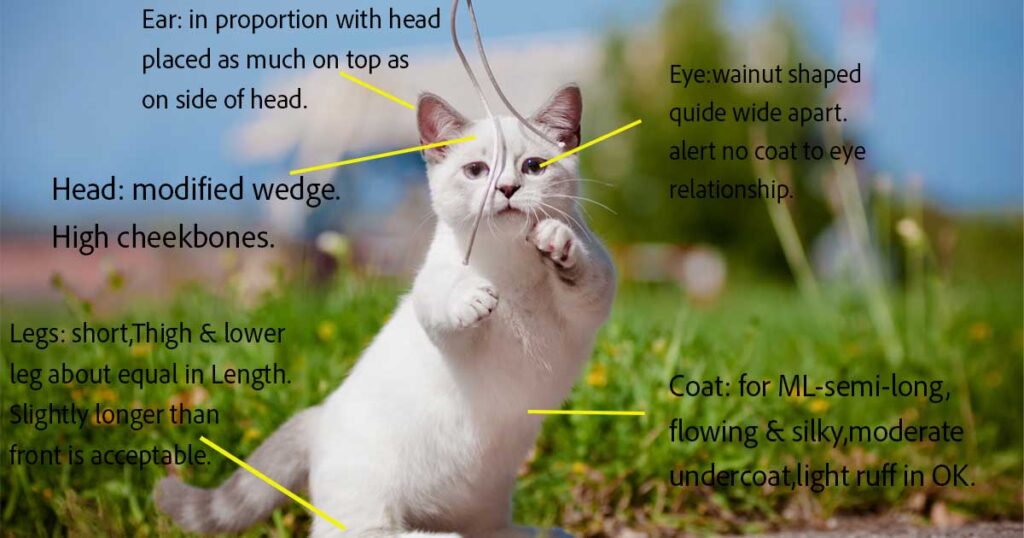
Caring for Your Munchkin Cat
Schedule regular checkups with a trusted vet to monitor your Munchkin’s health and address any potential issues. Provide a balanced diet appropriate for your Munchkin’s age and any specific dietary needs. Consult your vet for recommendations.
Depending on the breed (short-haired vs. long-haired), regular brushing is necessary to maintain a healthy coat. Trim nails as needed.
Purpose and Focus
A Munchkin Cat Cattery aims to breed healthy, well-socialized Munchkin cats, celebrated for their unique short legs and playful personalities.
These catteries prioritize maintaining and enhancing the breed’s distinct traits, ensuring each cat’s overall health and well-being. The goal is to produce kittens that embody the breed’s characteristic charm while providing them with a loving and supportive environment from birth.
Supporting Ethical Breeding Practices
Choosing a reputable Munchkin cat cattery ensures you bring home a healthy, well-adjusted kitten. By doing your research and supporting responsible breeders, you contribute to the ethical treatment of these charming cats.
Munchkin Cat Colors
Munchkin felines arrive in a wide assortment of varieties and examples, permitting likely proprietors to choose a feline that best accommodates their inclinations. Common Munchkin feline sounds are the ones that follow:
| Category | Description |
|---|---|
| Solid Colors | Uniform coat color without any distinct patterns. Popular colors include black, white, blue, cream, and red. |
| Tabby Patterns | Dots, swirls, or stripes make up the distinctive coat pattern. Common patterns: spotted, mackerel, classic tabby. |
| Calico and Tortoiseshell | Coats speckled with black, orange, and white markings. Calico cats have larger, distinct patches, while tortoiseshell cats have smaller, mixed patches. |
| Munchkin Cat Personality | Friendly, affectionate, sociable, playful. Great companions for individuals and families. Enjoy interactive playtime and exploring their surroundings. Suitable for multi-pet households and homes with children. |
Final Thoughts
Choosing a reputable Munchkin cat cattery is a crucial step in bringing home a healthy and well-adjusted kitten. When selecting a cattery, prioritize those that focus on the health, socialization, and ethical breeding practices of their cats.
A good cattery will raise kittens in a nurturing home environment, ensuring they are accustomed to interaction with people, other pets, and various household activities.
Conclusion
FAQs
1. How much does a Munchkin cat from a cattery cost?
Munchkin cats typically cost between $1,000 and $2,500, depending on pedigree, color, and other traits.
2. Can I adopt retired adult cats from a cattery?
Yes, many catteries offer retired breeding cats for adoption at a reduced cost.
3. How old should a kitten be before leaving the cattery?
Kittens should be at least 12 weeks old before adoption to ensure proper socialization and development.
4. Are all Munchkin cats purebred?
Not necessarily. Ethical catteries focus on maintaining breed standards, while some breeders may produce mixed-breed Munchkin cats.
